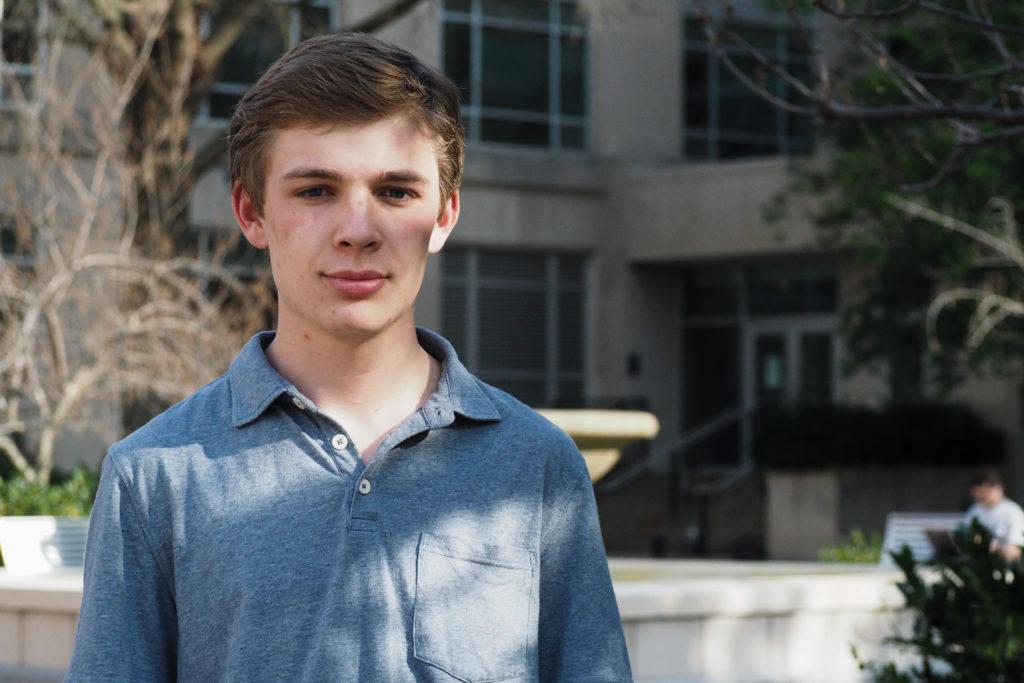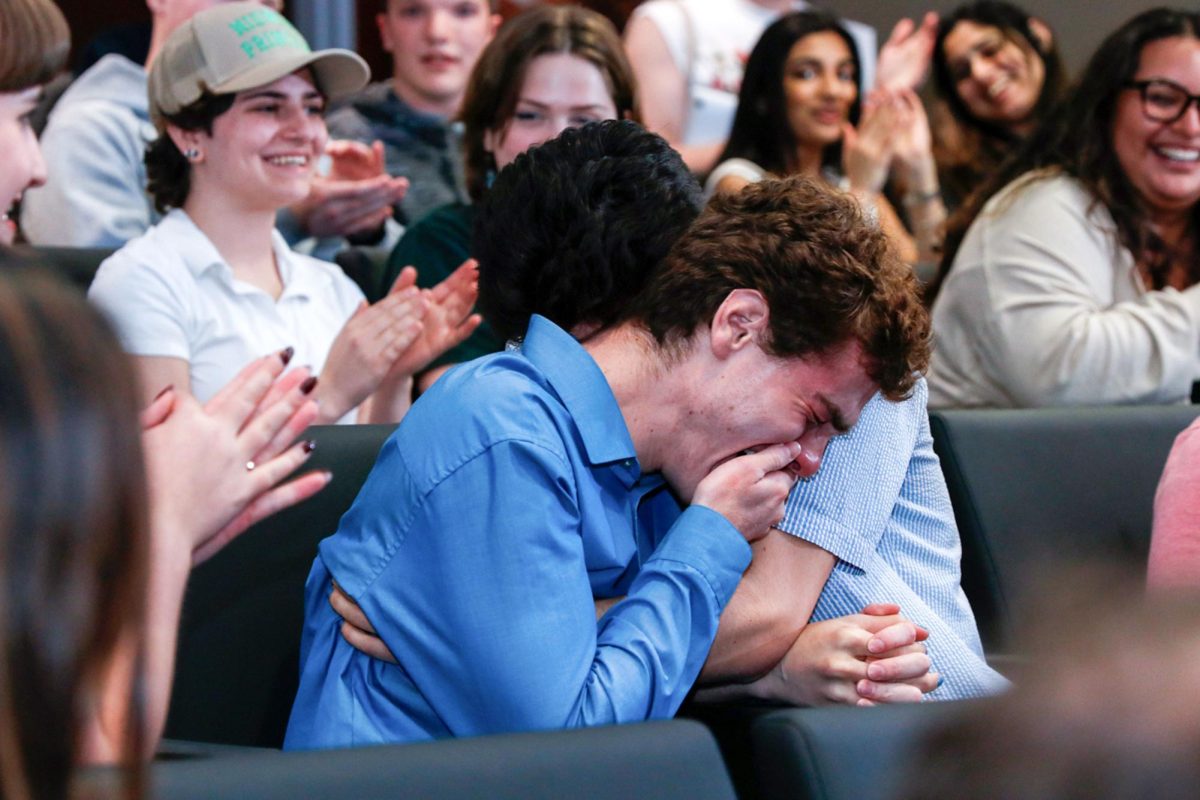As the student body gears up for a Student Association election with a full student body on campus for the first time in three years, the Joint Elections Commission chair said the body has worked to bolster in-person campaigning.
Trip Johnson, the JEC chairperson and a graduate student studying environmental and green chemistry, said he aimed to increase student engagement with elections for the first fully in-person election season since 2019 through social media messaging. Candidates running for SA seats were slow to kickstart their campaigns, with only two candidates participating in the annual postering day, and the senate set to start its term with only about 43 percent of the body filled.
Here is everything you need about new initiatives before casting your ballot:
Return to in-person elections
Johnson said this spring gave sophomores and juniors – who have only experienced virtual SA election seasons during the pandemic – their first sense of a campaign season with directly engagement with candidates on campus, similar to previous years before the pandemic.
“People who have been students here for a few years, their opportunities to in-person campaign have been curtailed by COVID,” Johnson said. “So I feel like there’s a sense that there’s going to be more in-person campaigning. People want to utilize ideas they have to make their campaign more well known.”
Only three SA election races – SA president, SA vice president and the undergraduate seats for the Elliott School of International Affairs – are contested this election season. Eight of the 18 senate seat constituencies do not have any candidates running for those seats.
Johnson said despite a lower number of candidates running for SA president and vice president, he believes more than 5,000 students will turn out for this election, which would be an increase compared to the last two elections with the student body off campus during the pandemic. In 2021, about 3,250 students voted in the SA elections – a slight decrease from the 2020 election with 3,650 students voting.

Nicholas Anastacio | Graphics Editor
Almost 5,000 students voted in the 2019 SA elections – the last fully in-person election.
“We’re really hoping for a large turnout,” Johnson said. “Even if there aren’t as many candidates as there were in years past, we’re hoping to see a significant chunk of students vote so that we can set trends for future years to add to that number.”
Johnson said the JEC would not consider postponing the elections to allow for more candidates to run. The JEC extended the candidate registration deadline by 12 days for 15 SA senate races with open seats due to a lack of candidates.
Increased messaging
Johnson said he wants the JEC to post videos featuring the candidates on social media to make the in-person return of elections more prominent on campus. As of Sunday, the JEC Instagram account has not posted any videos of candidates since the start of the election.
“We’re trying to view this election as a new jumping off point,” Johnson said. “A vast majority of students on this campus have not seen in-person elections completely. And so we’re trying to be more present and be more in the face of the students so they can become involved.”
The JEC will announce the results of the elections the day after voting closes, unlike in previous years when results traditionally were announced hours after voting closed. Johnson said this change will allow the JEC to “thoroughly” check its work and reduce potential mistakes in vote tallying.
JEC commissioners initially miscounted the votes in the School of Engineering and Applied Sciences undergraduate senate race last year before correcting the mistake the day after the elections ended.
“Last year, we had to backtrack on a mistake that we made when calculating for one of the senate positions, and I just don’t want that to happen this year,” Johnson said. “I’m going to take as much as the bylaws give us, and that’s until 5 p.m.”
Transition from ranked-choice voting
Johnson said ranked-choice voting, which the JEC introduced for all races in 2020, will not remain in place for senate elections after students voted to opt for plurality voting for single-seat elections in November. Johnson said the move to plurality voting will simplify the crowded senate races to reduce potential tabulation mistakes.
Ranked-choice voting will remain in place for any single-seat senate races and the vice presidential and presidential races, but just two candidates are vying for the top positions, respectively. Johnson said the JEC’s bylaws do not allow for the commission to change the voting system of an election – a process that the SA must oversee itself.
Former SA presidential candidate Hannah Edwards filed an injunction with the Student Court last year, disputing 2021 election results and requesting a runoff election after she lost in the final round of ranked-choice voting. The court dismissed the case with prejudice because it “fails to demonstrate any merit on its face” to advance to any further court proceedings.
“There’s a lot of candidates usually in those positions, and we’re filling multiple seats,” Johnson said. “And so I think logistically, it makes more sense to have just a simple top seven, top five vote getters for the seats.”






